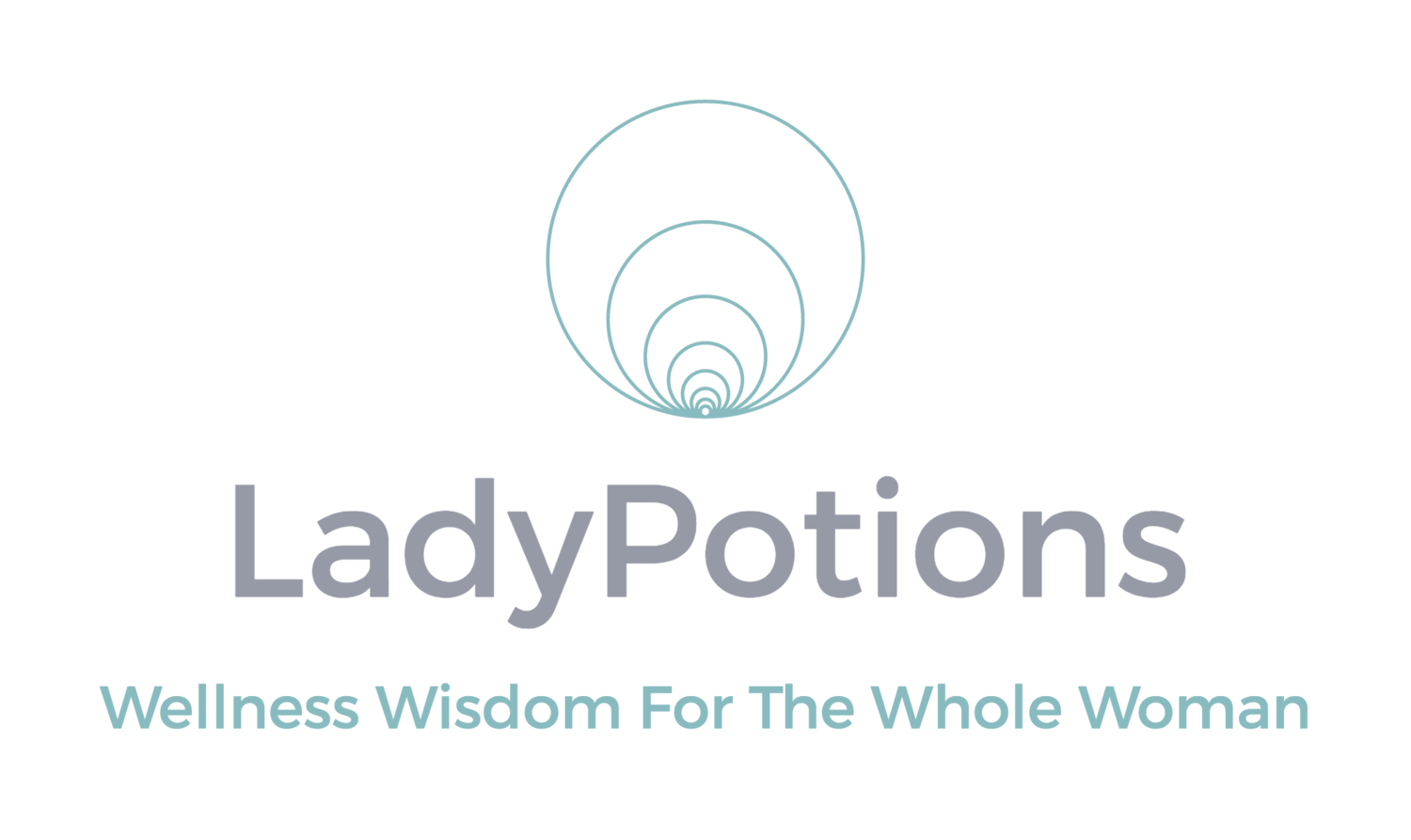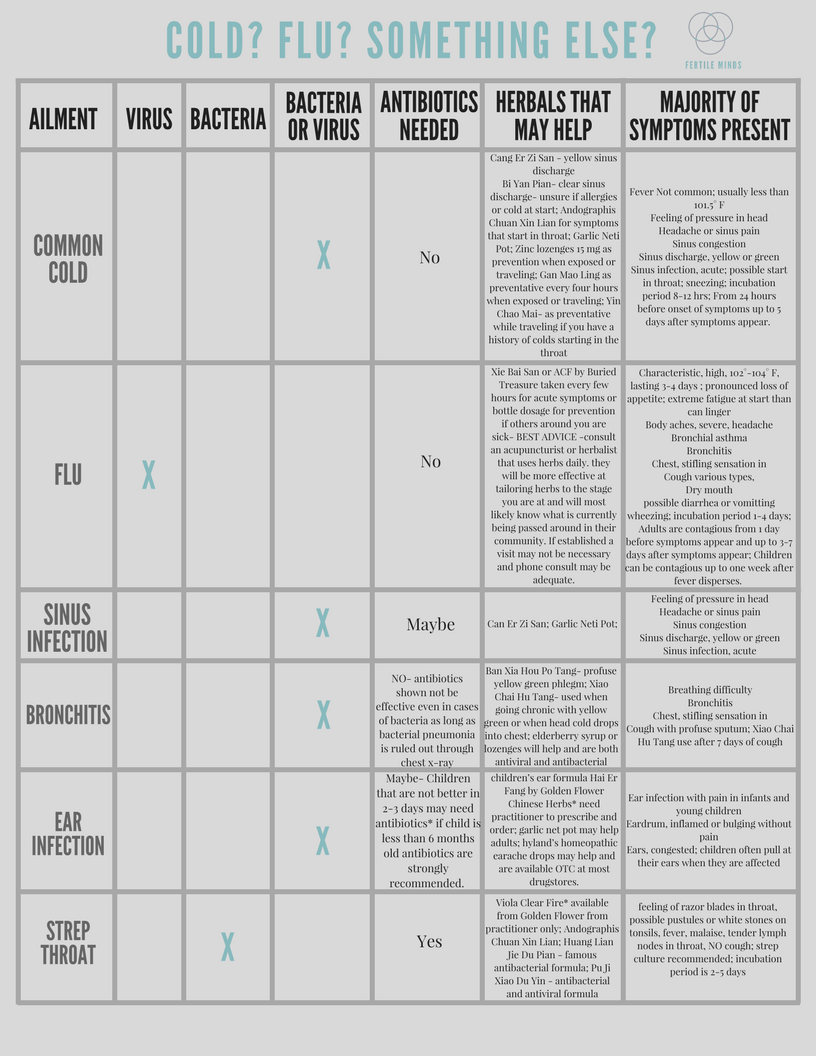Description:
After coming back from a super fun yet unstructured Thanksgiving vacation, Hillary thought the topic of patience and planning would be perfect for this week’s episode. Fertility can be an emotional roller coaster, so today, Hillary will share some reminders and pointers that one can do during that anticipatory time of waiting. She gives a few ideas and options on ways to practice self-care and love that you can combine and partake in solo or with friends and loved ones.
To share your own fertility story, please comment below. I look forward to connecting with you, as you are what this podcast is all about.
Takeaways:
[3:58] It can often feel disheartening that pregnancy symptoms are the same as PMS symptoms. We want to take the focus off your body, and onto self-care that will make you feel nurtured and present.
[4:29] Self-care. A warm bath, a massage, facial or manicure are all things you can do as a treat to yourself that don’t involve pressure.
[5:13] Meditation. There are several scientific studies that show the importance of the first 12 minutes on the outlook of our day. Hillary recommends meditating even just for five minutes upon waking and again at night to bookend the day.
[6:12] Recapitulation involves two minutes of just watching yourself during your day and cataloging what happened in an observational and non-judgmental way.
[7:23] The pattern interrupt practice involves breathing for 16 seconds and the key is to watch your breath.
[8:41] Enjoying a date night with your partner to reconnect without focusing on fertility can help both of your stress and interrupt patterns. Also, having a code word that your partner can mention when emotions start to climb is a way to have support when things start to feel out of control.
[9:56] Journaling a few things you are grateful for will let your brain feel trust and releases oxytocin.
[12:24] Meeting with a friend to go on a relaxing walk, light weight lifting, or gentle yoga are perfectly advisable for your body and psyche.
[13:31] Some other ideas include buying yourself a piece of beautiful clothing or lingerie, to come home and have a pattern interrupt with your partner.
[14:06] Implantation typically happens 5-8 days post-fertilization.
[14:54] Take a break from social media, or only use it for what you absolutely need to. Also, refrain from Google-searching questions about fertility.
[16:06] Meal prep/cook for yourself. Preparing meals is a great way both to nurture your body and support mindfulness in action.
[17:28] Laughter brings us joy, which opens the heart and moves us away from fear.
[18:29] Go on a girl’s night out that is nurturing. From fertilization, you have four more weeks until the placenta is fully formed.
[20:02] Volunteer for a cause that personally speaks to you. Whether it’s for people, the earth, animals, or any other option — we feel good when we help others.
References:
Continue Your Journey:
@ladypotions4uon Twitter
@ladypotions4uon Instagram
Disclaimer *
You must not rely on the information in this podcast as an alternative to medical advice from your doctor or other professional healthcare provider. If you have any specific questions about any medical matter you should consult your doctor or other professional healthcare provider. If you think you may be suffering from any medical condition you should seek immediate medical attention. You should never delay seeking medical advice, disregard medical advice, or discontinue medical treatment because of information on this website or in this podcast





